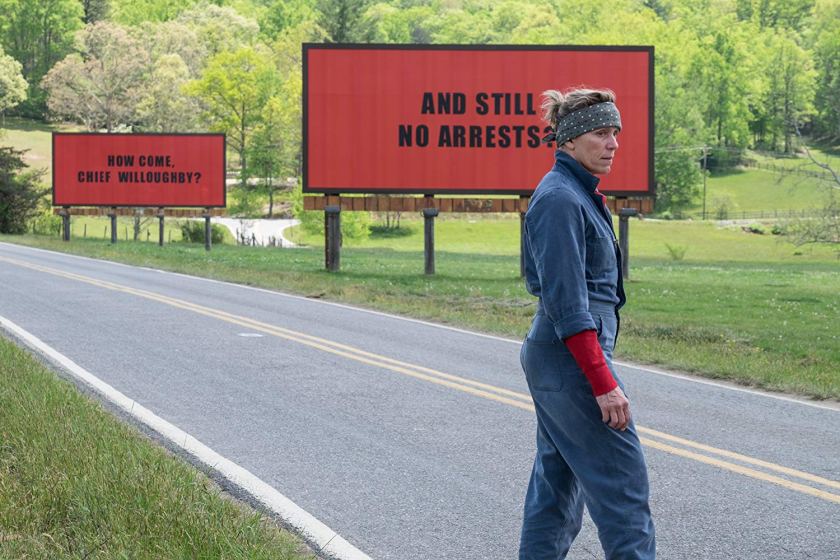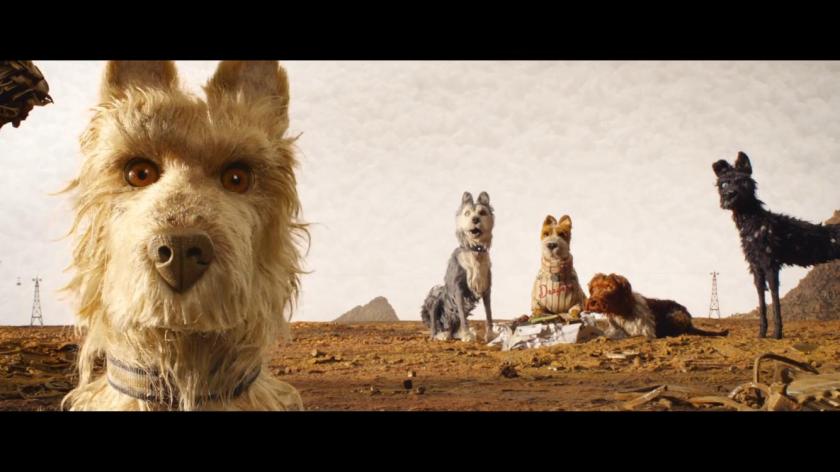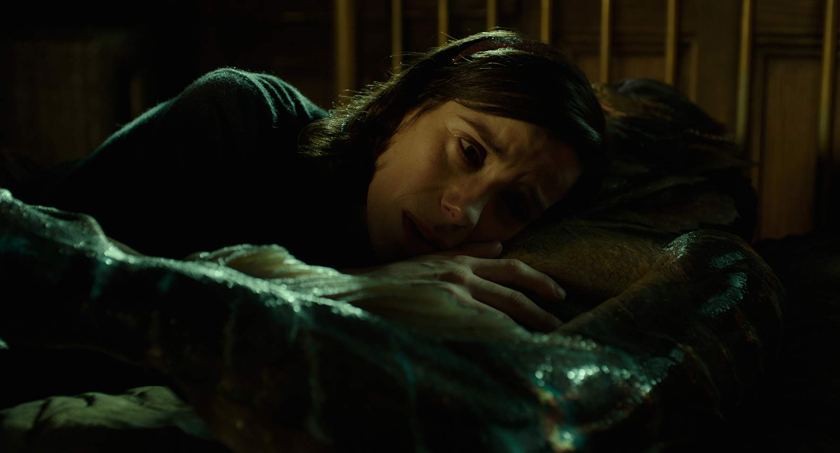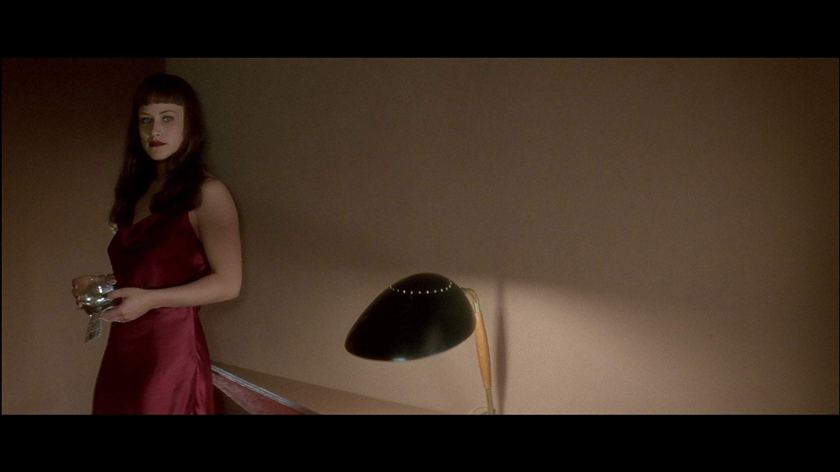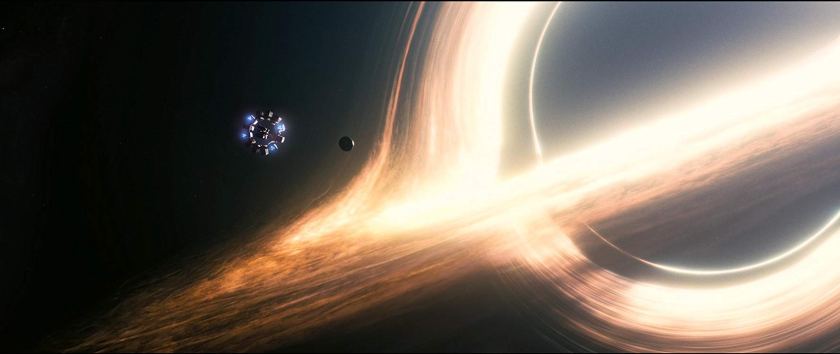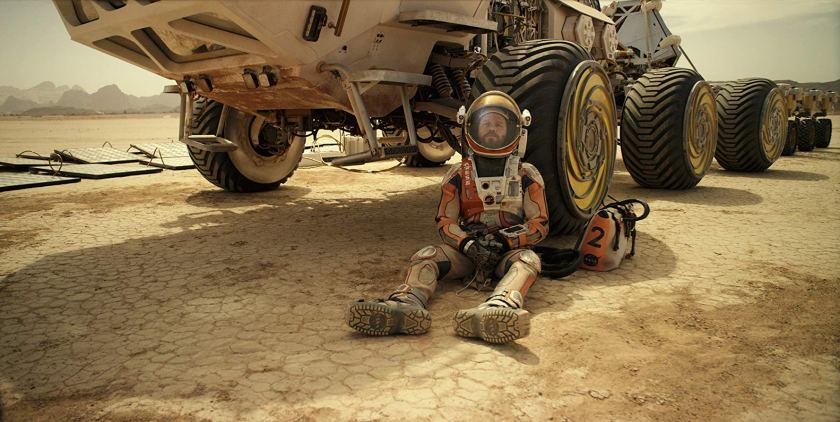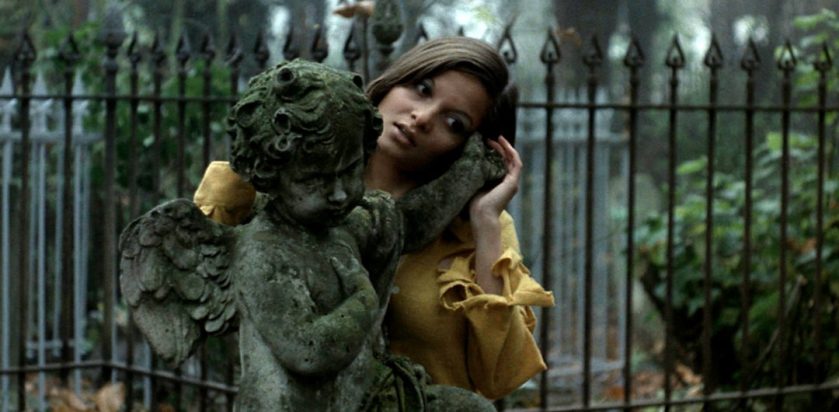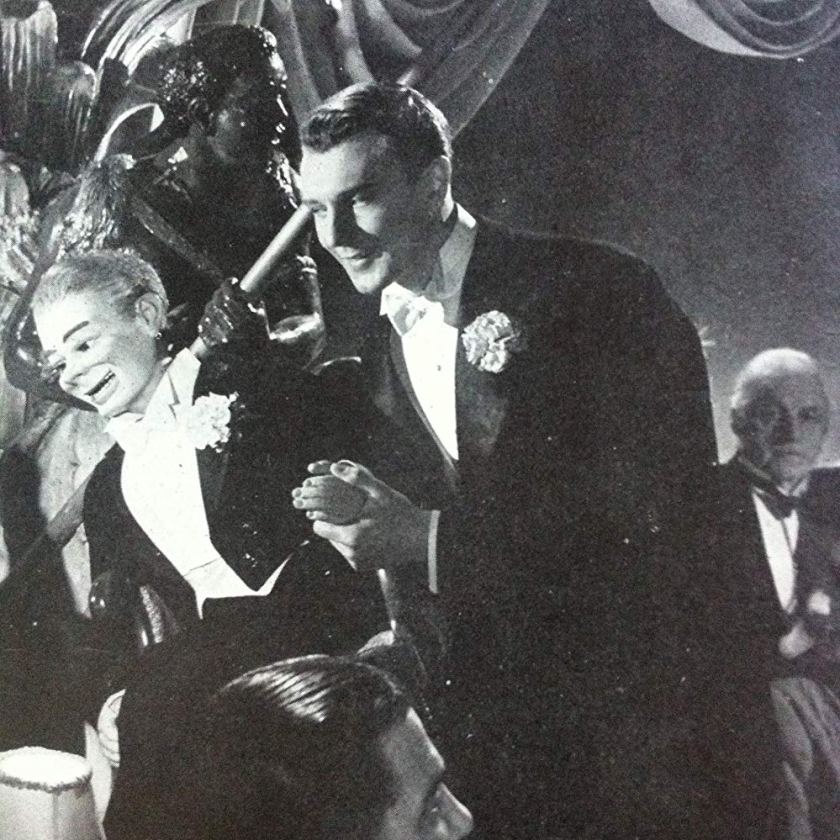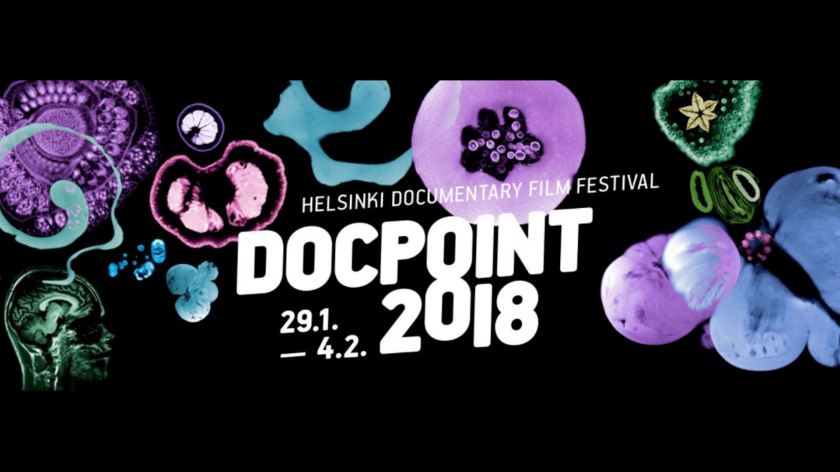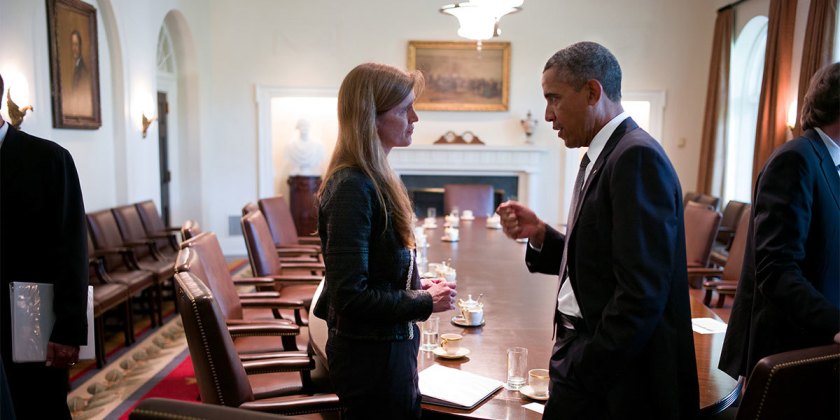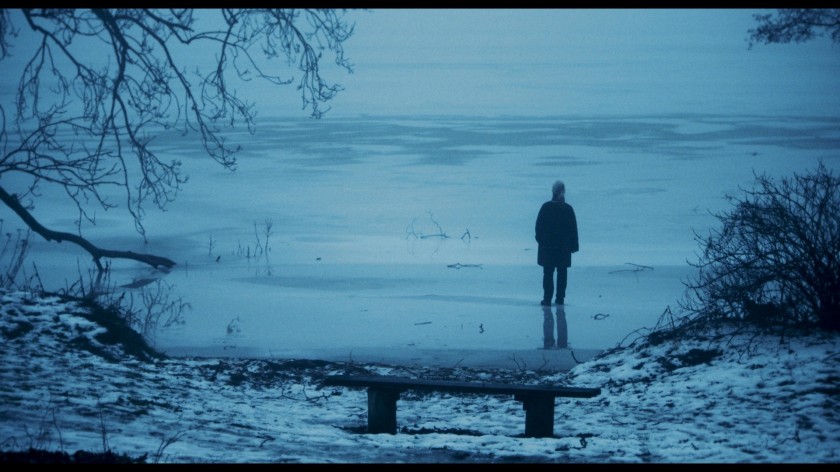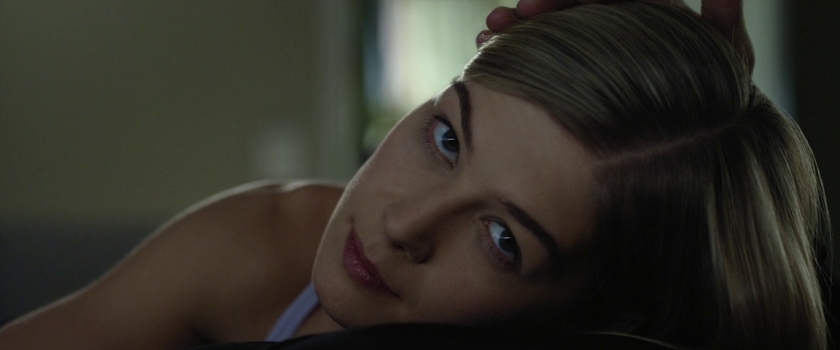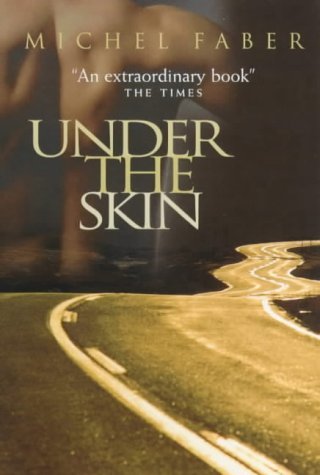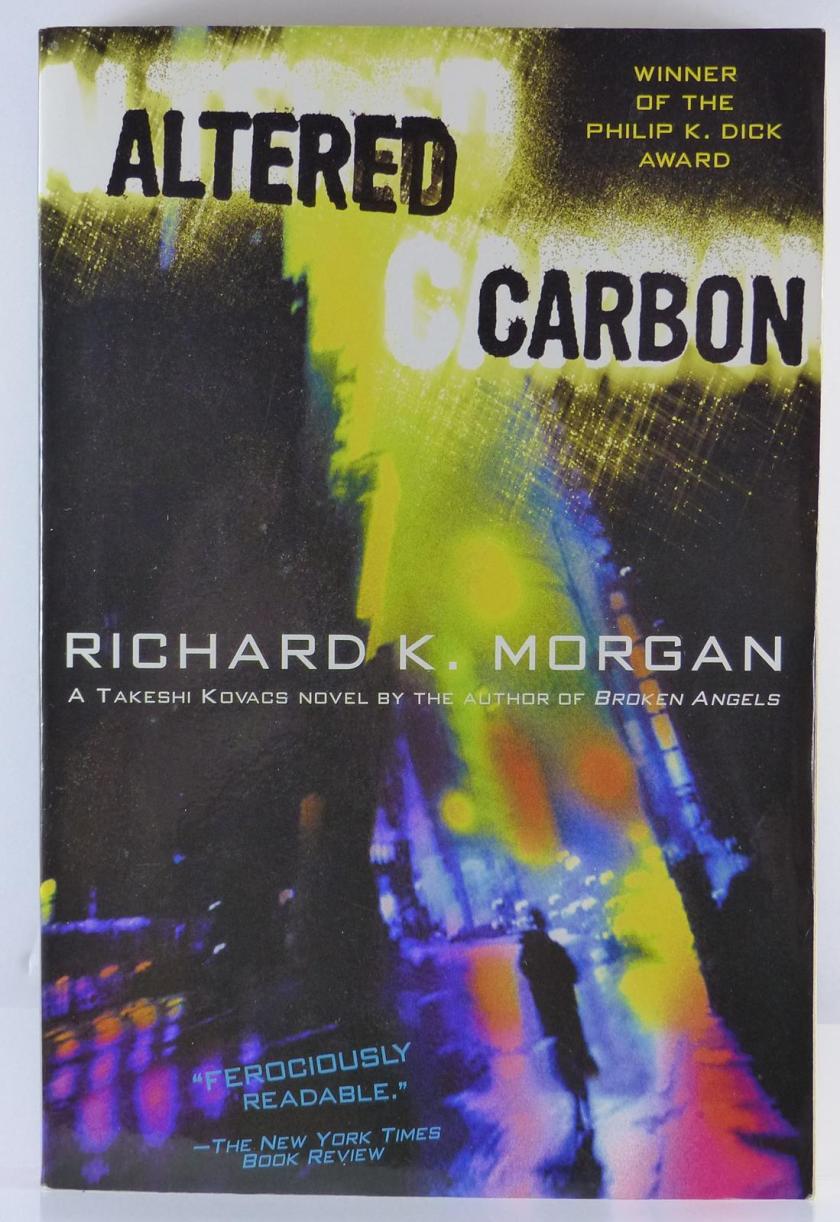My second visit to the titular film festival with the subject matter of documentary (or film and reality) this time around. What a setting of films. Quite a few short ones there and many films that stretch the concept of documentary to its limits. But the breadth of expression used in this format was not known to me prior to this.
San Francisco [1968]

This was originally made as illustration to a Pink Floyd song and that song obviously plays for the duration of the documentary. It is a documentary, as it consists of shots documenting the ordinary life of SF. It does combine those shots with some techniques more common to art film. Still captures the vibe of a city at a certain time.
- Director: Anthony Stern
- Watched on: 11th Aug 2018
- Watched at: private festival
- 3.5/5
Castro Street [1966]

Castro street and its surroundings are these days known as one of the more hip neighborhoods of one of the most hip cities in the world. At the time of shooting this, it was a mix of old industrial buildings and more recent cheap bars and hookers. Again the film combines the basically very documentary shots with art cinema techniques to achieve something that better captures the essence of the place at the time.
- Director: Bruce Baillie
- Watched on: 11th Aug 2018
- Watched at: private festival
- 3.5/5
General Idi Amin Dada: A Self Portrait [1974]

Barbet Schroeder went to Uganda to shoot a documentary of the Ugandan dictator, Idi Amin. He managed to do that, because he sold the idea by making Idi Amin the director and sole controller of the material, in effect relegating his own position to the guy with the equipment. The idea is genius – Barbet Schroeder has very little effect on the material, but even the material he captures by shooting the scenes that Idi Amin has staged for him, he captures the mind of a deranged dictator.
The story did not end there as there were two cuts of the film. The first lasted about 60 minutes and was intended for the Ugandan market, while a 90 minute cut was released in the UK. Amin’s agents were in UK watching the film and sent a full transcript to Amin. Amin responded by demanding cuts to the international release version, which Schroeder denied. Amin reacted by rounding up a few hundred French citizens to a hotel in Uganda and holding them hostage until his demands were met. Schroeder had no choice by to concede the cuts and that is the version we saw. As far as I know, the original international release is no longer in existence.
But regardless, the access Schroeder gained with Amin and the portrait that he paints are absolutely incredible. The portrait is of a deranged psychopath that is clearly off his rails even, when he knows that the cameras are there and has control of everything they are shooting.
- Director: Barbet Schroeder
- Original title: Général Idi Amin Dada: Autoportrait
- Watched on: 11th Aug 2018
- Watched at: private festival
- 5/5
Isole di fuoco [1955]

Shooting the daily life of people on a volcanic island. Shows the spirit of the place much better than any collage of talking heads could. A fine piece of imagery and moods.
- Director: Vittorio De Seta
- Watched on: 11th Aug 2018
- Watched at: private festival
- 3.5/5
Seasons Project [2005]

Geoffrey Jones was a documentary film maker that made a career with commissioned work. That lifeline became scarce, when commissioned documentaries began to vanish during the 80ies. He then started this project. A solo project of beautiful imagery mapped to the music of Vivaldi. The project is similar in scope to the Koyaanisqatsi and its “sequels” by Godfrey Reggio, but where he had financing to spare, Jones worked alone and on his own money. It took a couple of decades for the film to be finished, but the product is a beautiful testament to the single-mindedness of its maker.
- Director: Geoffrey Jones
- Watched on: 11th Aug 2018
- Watched at: private festival
- 3/5
79 primaveras [1969]

As the leader of communist Vietnam, Ho Chí Minh, died, Santiago Álvarez composed this documentary eulogy of him. Obviously it is overtly communist in tones painting the western world as the devil and covering up the excesses of the communist regimes around the world, but the thing that makes this special, is that Àlvarez was not content with a straight up documentary, but combined in tone seeking artistic sequences to great effect.
- Director: Santiago Álvarez
- Watched on: 11th Aug 2018
- Watched at: private festival
- 3.5/5
Four Seasons [1975]

Less traditional Soviet propaganda, but Soviet propaganda nevertheless. The film is shot in a style that suggests that Peleshian just happened to be there to capture these moments of Soviet life ranging from the mundane to quite extraordinary, but always beautiful. Obviously, at least the more extraordinary sequences are set up, but the film is valuable for the non-traditional style of filming.
- Director: Artavazd Peleshian
- Original title: Vremena goda
- Watched on: 11th Aug 2018
- Watched at: private festival
- 3.5/5
Warrendale [1967]

Cinéma vérité is a style of documentary film making, where you take your camera to a place, set it rolling, and let things happen. The idea is that at some point your subjects forget that you are filming, and that results in material that is more real than most documentaries about human subjects can capture. Allan King is a master of the style. Despite being a master of the style, the material that will be caught, is never as sincere as it claims to be.
This time he takes his cameras to a Canadian foster home that shares its name with the resultant film. The material that he captures, is quite shocking. The personnel clearly have good intentions in mind, but their methods are severely misguided. The film eventually resulted in the foster home being closed down, due to the public awareness raised by the film. And that was based on material shot, when the personnel knew they were being filmed.
- Director: Allan King
- Watched on: 11th Aug 2018
- Watched at: private festival
- 4/5
Einheit SDP-KDP [1946]
When the Russian forces rolled over Germany and later occupied Eastern Germany, the propaganda machine was not far behind. The director is German, which is part of the carefully considered message – this is German propaganda, not Russian. The documentary films meetings, where the German democratic socialist party, and the German communist parties have a series of meetings and rallies, where, all too conveniently, they all their differences are solved, and they march together towards a red future. The meetings and rallies are staged and some politicians played their part practically at gun point, but it is interesting to see, how all of that is transformed into an enchanting narrative of unity on film.
- Director: Kurt Maetzig
- Watched on: 11th Aug 2018
- Watched at: private festival
- 4/5
The House Is Black [1963]

The film combines material shot at a leper colony, and poems read out loud. It has the basic aesthetic of the later Iranian auteur film boom nailed down, yet it precedes the main wave by years. It has the themes of unavoidable human destinies and incomparable beauty born out of said situations nailed down. It was very prescient and is a clear influence on the later films.
- Director: Forugh Farrokhzad
- Original title: Khaneh siah ast
- Watched on: 11th Aug 2018
- Watched at: private festival
- 4.5/5
Philips-Radio [1931]

The film was created as an advertisement for Philips-Radio company. It doesn’t utilize art cinema techniques popularized decades later by names like Brakhage and Warhol, but it achieves similar imagery by simply shooting chosen bits of the factory producing the radios of the company and arranging them beautifully. Absolutely captivating work.
- Director: Joris Ivens
- Watched on: 11th Aug 2018
- Watched at: private festival
- 4.5/5
David Holzman’s Diary [1967]

This is one of the films that stretch the definition of documentary, but certainly has a place in the festival. It’s masked as a documentary about David Holzman, a man, who has recently lost his job and is maybe about to be drafted to fight in the Vietnam war. He starts the mockumentary by telling to the camera that he is operating by himself, that he will try to figure out his life by making a video diary of himself. I don’t exactly know, when gonzo documentaries became a thing, but this is certainly one of the early examples. Holzman proceeds to discuss various topics that are of interest to him, piss of his girlfriend and make her break up with him, futilely attempt to win her back, have a friend blast the documentary as boring, be accosted by a woman on the street, whom he was filming etc. The film ends with David’s equipment being stolen, and him recording the final episode in a recording booth that prints your voice to a vinyl record there and then, combined with photos taken with a cheap disposable camera. Cut to black. Wait for ten seconds. Get end titles revealing that there is no David Holzman, but an actor playing him, and that this is, in fact, a fiction film. Some of the material is scripted, some is not. The film contains most of the gonzo documentary tropes, so it was prescient in that way too.
- Director: Jim McBride
- Watched on: 11th Aug 2018
- Watched at: private festival
- 4/5
Window Water Baby Moving [1959]

Stan Brakhage is by far the most well known art cinema auteur. Warhol, his contemporary, is better known to big audiences, but when it comes to art cinema, Brakhage is the man. He has nearly 400 directing credits in IMDb alone, and I’m sure they are missing quite a few. This and the next entry are probably his best known pieces.
Brakhage’s films often consist of basically home videos that he shot on 8mm. He just wasn’t content with your regular home videos, but experimented all the time with filming and editing techniques.
This is the film that he produced out of his wife giving birth. You have to go into educational material, to find film, that has so exact shots about the process of a fetus exiting the uterus, but the film is more than that. It has tones and moods that must’ve accompanied Brakhage at the time of the actual event. It is not for the faint of heart, but certainly interesting.
- Director: Stan Brakhage
- Watched on: 11th Aug 2018
- Watched at: private festival
- 3.5/5
The Act of Seeing with One’s Own Eyes [1971]

If Window Water Baby Moving is not for the faint of heart, this is not even for the rest of us. I couldn’t watch all the way through this. The funny thing is, where with Window Water Baby Moving, you’ll have to dig into educational films to find better imagery of an actual birth in progress, this was commissioned as an educational film, for depicting the work being done at morgues.
It takes a moment to realize, that these bodies opened from chest to groin and spread out on tables for the camera to film, are not fakes built for a film. Brakhage took his camera to the morgue and kept shooting material of actual cadavers and actual doctors working on them. You get to see fresh bodies being opened up, and already examined bodies being closed down. You get to see bodies already opened up waiting on a side table waiting for a doctor to have time for them.
It’s weird that the film scarcely contains an image, that I already haven’t seen in a fictional film, but this time it is so much more difficult to look at it. This is one way to stretch the concept of imagery on film and a very effective one at that.
- Director: Stan Brakhage
- Watched on: 11th Aug 2018
- Watched at: private festival
- 4/5
Please Vote for Me [2007]

Perhaps the most traditional documentary of the festival, this has no special techniques, no style of film making, no foresight that has to be admired, no artistry that should be noticed. Weijun Chen just manages to capture material in a Chinese primary school, that can not function as an allegory to the rest of the society.
The film follows a class, that is holding an election for the student that is going to function as the speaker for the class. That position brings certain privileges, so there are several aspirants. All of their campaigns are twisted and corrupt mockeries of democracy, that simply beautifully mirrors what is going on in the less (and these days even in the more) functional democracies of the world. Very much worth seeing.
- Director: Weijun Chen
- Watched on: 11th Aug 2018
- Watched at: private festival
- 4.5/5

